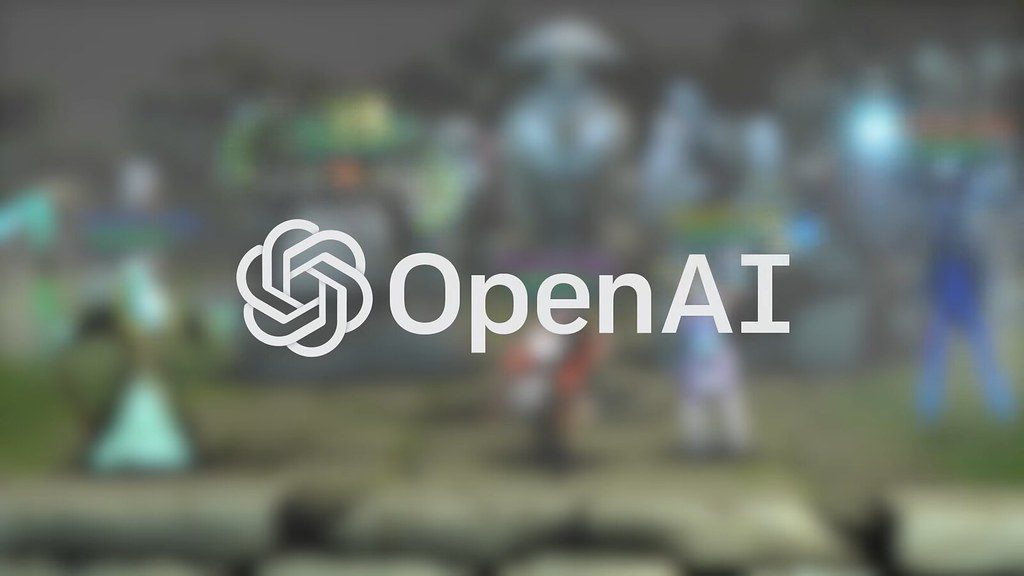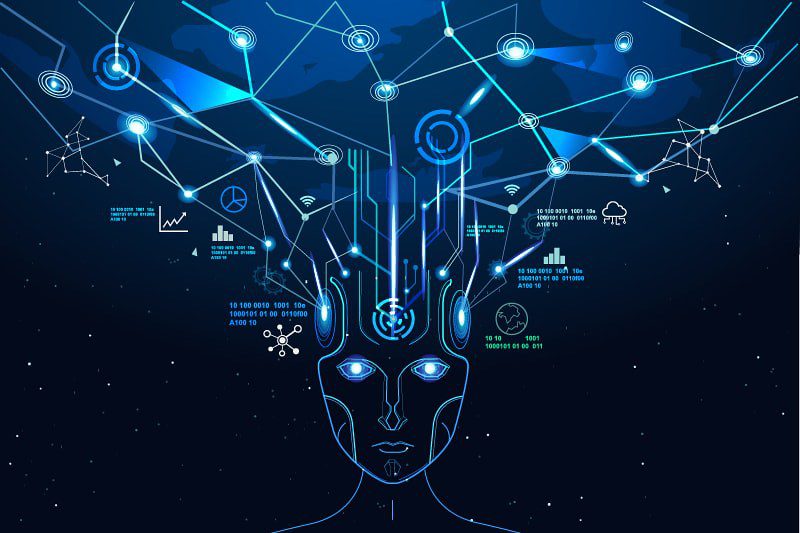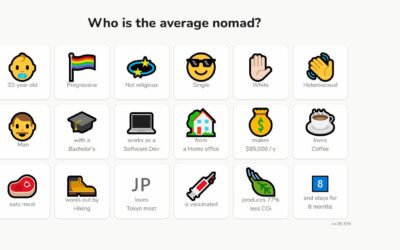|
|
“AI will take over my job” that’s a thought many (if not all) of us have had lately, with the rise of generative AI applications like ChatGPT, DALL-E and the hype they created, it’s hard not to worry about losing our jobs to artificial intelligence.
Digital nomads and remote workers are among those who worry. If digital nomads don’t have a job, how can they finance their lifestyle?
According to the “2023 State of Digital Nomads” report by Nomad List, the majority of digital nomads are software developers, creatives, marketers or startup founders. Other jobs include bloggers, UI/UX designers, translators, virtual assistants and product managers.
Currently, many aspects of these jobs can be automated by an AI application or another. So what does this mean?
What is AI?
Artificial Intelligence is a field in computer science based on training computers and machines to do tasks that are normally performed by humans. These include decision-making, language comprehension and object recognition.
AI started in the 1950s with pioneers like John McCarthy, who is considered the father of AI, which was about creating smart machines.
The advances in technology and increase in data led to the development of AI in recent years, leading up to the release of ChatGPT in 2020. ChatGPT is an AI language model introduced by OpenAI, it generates human-like answers to textual questions.

Is your job safe?
AI applications like ChatGPT will not take over your job. Yes, believe it. Why are we so sure? Let us explain to you.
Generative AI applications are unlikely to replace humans at work, for starters, they don’t have the level of creativity, flexibility or critical thinking that humans do and that is important in many of the above mentioned jobs.
For example, there is a lot that AI can do when it comes to customer service, they can answer generic questions (like bots) or enter data in a form, but they can never offer empathy to customers or think creatively about solutions that suit and comfort the customer in question.
The same applies for the majority of digital nomad jobs, where communication skills, orchestration, team building and leadership skills are required.
Digital nomads and remote workers who work internationally also bring a level of diversity, cultural perspective and experiences to their work, these things can’t be replaced by a machine.
For all the above reasons, AI can’t replace you in your work. But what can AI do?

What AI can do
AI can help automate routine tasks that take up a lot of our time in any job. Like data entry, writing a lengthy email, better phrasing an idea or a pitch. AI can help digital nomads boost their potential, and can open more doors that they hadn’t anticipated.
By taking over and automating these small tasks, digital nomads and remote workers may find themselves with more time on their hands to experience more, work on more important stuff, make plans, focus on their wellbeing or take on more clients.
Here are some examples of how digital nomads and remote workers can use AI to improve their lives.
- Time management: by using AI digital nomads and remote workers may be able to schedule things more efficiently. They can also use tools for time tracking to understand how they spend their time and improve their productivity.
- Discovery and recommendations: AI tools used by TripAdvisor and others make suggestions to you based on your preferences and history, so that you can access more personalized experiences and destinations.
- Virtual Assistance: for sure one of the Virtual assistants like Siri, Alexa and Google assistant is already part of your day. They help you be organized and productive, like having a human assistant.
- Translation: when traveling all over the world, you need AI translation tools like Google Translate to help you understand and be understood when no one speaks a common language with you.
- Learning: educational platforms that use AI can help you learn and improve your skills whether to become a digital nomad or if you are already one. They offer a more personalized learning experience, thus helping you progress faster.
- Safety: AI can help you stay safe whether physically by using localized alerts, or financially by using AI tools to detect suspicious behavior on your cards.
- Traveling smart: Using AI tools you can get personalized suggestions for destinations, find deals, check real-time weather conditions and best ways to get anywhere.
- Task automation: you can use AI for your website or blog to help give you ideas, phrase a better ad copy, quickly research a quote, do math or summarize a book. In other words, help you save time on tasks that don’t need your personal touch.
The verdict
While it seems like artificial intelligence will take over the world, the truth is, it can not replace the human element in many jobs.
On the other hand, AI can help digital nomads and remote workers improve their lives drastically. It can help them be more organized, efficient, productive and free up more time to keep work-life balance and maintain their wellness.
It’s logical to fear something when you don’t know it, but our advice is, transform your fear into your strength. Familiarize yourself with AI applications, embrace the new technology and use AI to leverage your potential as a digital nomad or remote worker to the max.













